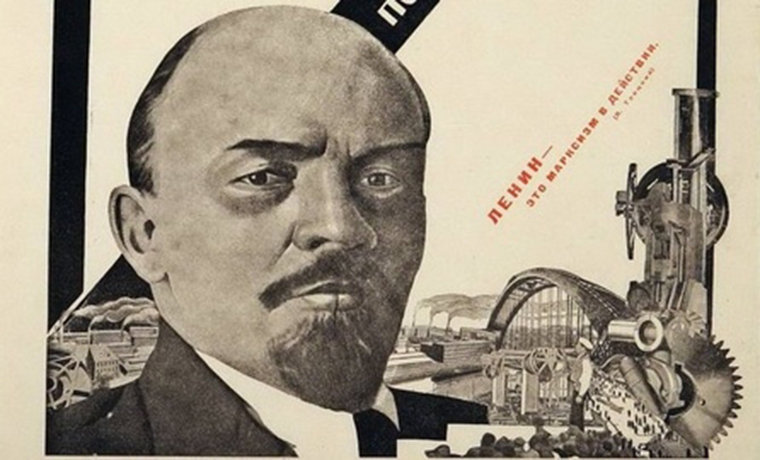MOSCOW, March 21 (RAPSI, Ingrid Burke) - Refusing to second-guess Bolshevik nationalization policies, a US court held Thursday that Yale University’s title to a Vincent van Gogh masterpiece cannot be challenged by the heir of a wealthy Russian industrialist from whom the painting was expropriated.
In 1918, the Moscow home of Ivan Morozov was filled with an extensive collection of works by Russian and European artists, including van Gogh’s The Night Café.
Following the Bolshevik Revolution of 1917, Russia’s new governing powers ordered the abolition of all private property, decreeing that confiscated assets would belong to the people as a whole.
In December 1918, Morozov’s art collection was deemed state property. “The Night Café was taken by the new Soviet government of Russia by order of Lenin and Sovnarkom (the Council of People’s Commissars) in December 1918,” according to the opinion.
The painting was displayed in Moscow’s Museum of Modern Art between 1928 and 1933, before being acquired by avid art collector and heir to the Singer Sewing Machine fortune Stephen Clark.
Clark loaned the painting to various US museums and galleries until his death in 1960. He left The Night Café and other works of art to Yale, his alma mater. After becoming heir to Morozov’s estate in 2002, the late industrialist’s great grandson Pierre Konowaloff learned of the painting’s expropriation under Bolshevik decree.
After Konowaloff contacted Yale in 2008 to inquire about its ownership of the painting, Yale filed an action to quiet title, and Konowaloff filed counterclaims. While both parties agreed on the facts surrounding the painting’s expropriation, Konowaloff asserted that Clark’s acquisition of the painting was fraught with conspiracy.
“Konowaloff contends that the sales of art by the Soviet government via the Bolshevik Center… to wealthy westerners such as Clark were cloaked in secrecy and employed an intricate laundering operation,” as explained by the opinion.
Yale moved for summary judgment based on the act of state doctrine. Under US law, the act of state doctrine generally bars domestic courts from reviewing actions taken by a foreign government. This applies even when a party alleges that property was taken in violation of customary international law, or of the laws of the foreign state itself.
The application of the act of state doctrine is complicated by the fact that the US refrained from recognizing the legitimacy of the new Soviet leadership between 1917 and 1933. Diplomatic relations were severed following the Bolshevik Revolution, and were not recuperated for another 16 years.
However, where the act of state doctrine is concerned, the US government’s eventual de jure recognition of a foreign government has a retroactive impact, extending back to that government’s commencement.
In accordance with the nationalization order, Morozov lost title to all of his paintings in 1918. Konowaloff lacks standing to challenge events that arose after the painting was transferred, as he has no ownership rights to the painting through his great grandfather’s estate.
Reconsideration by the US courts of the Morozov estate’s ownership rights would require a review of the legitimacy of the Soviet expropriation.
For purposes of the act of state doctrine, however, the decision by the Franklin D. Roosevelt administration to restore diplomatic relations with the USSR in 1933 granted retroactive legitimacy to the Soviet authorities’ actions reaching back to its commencement, 16 years prior.
Accordingly, the court granted Yale’s motion for summary judgment.



